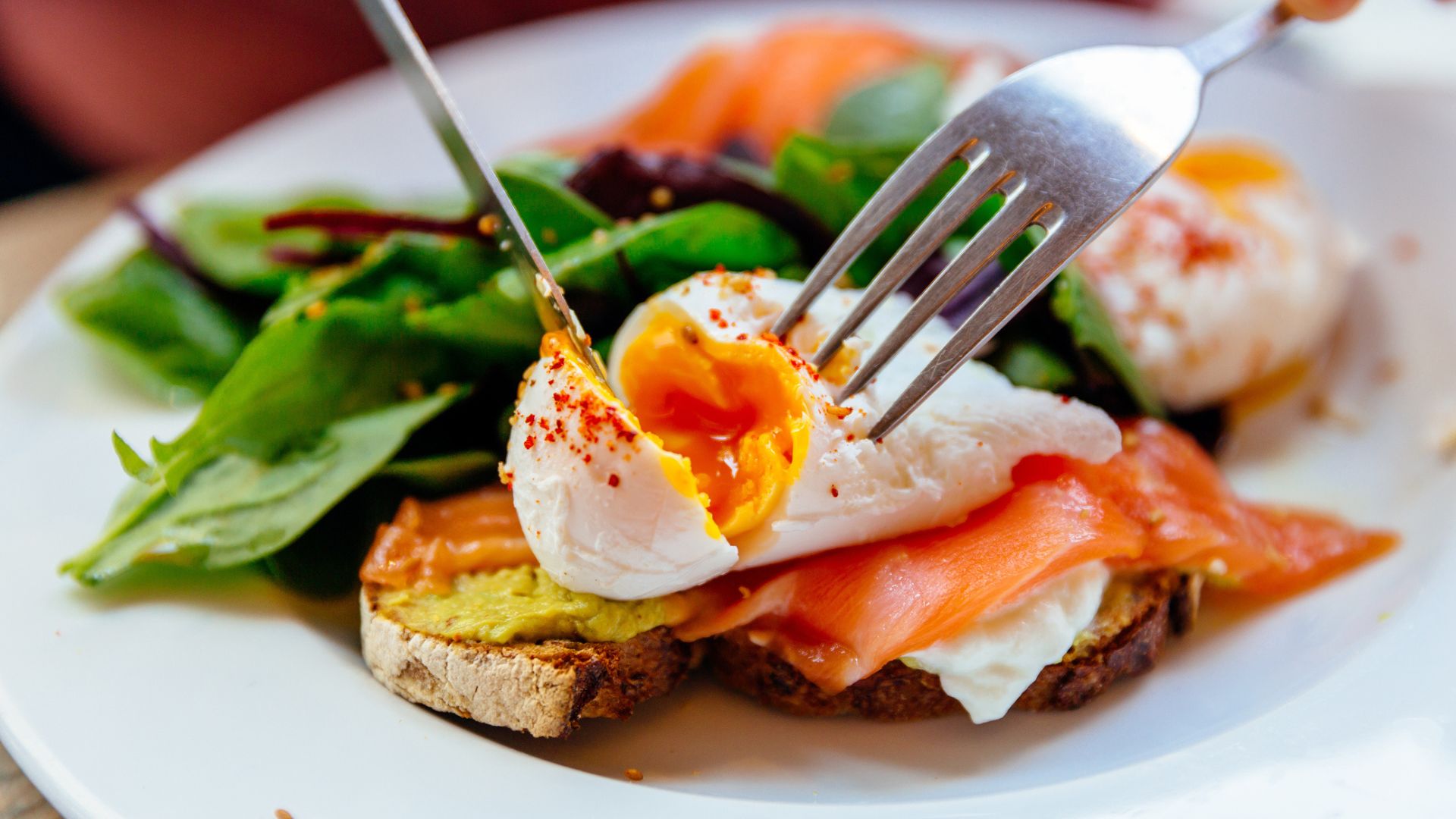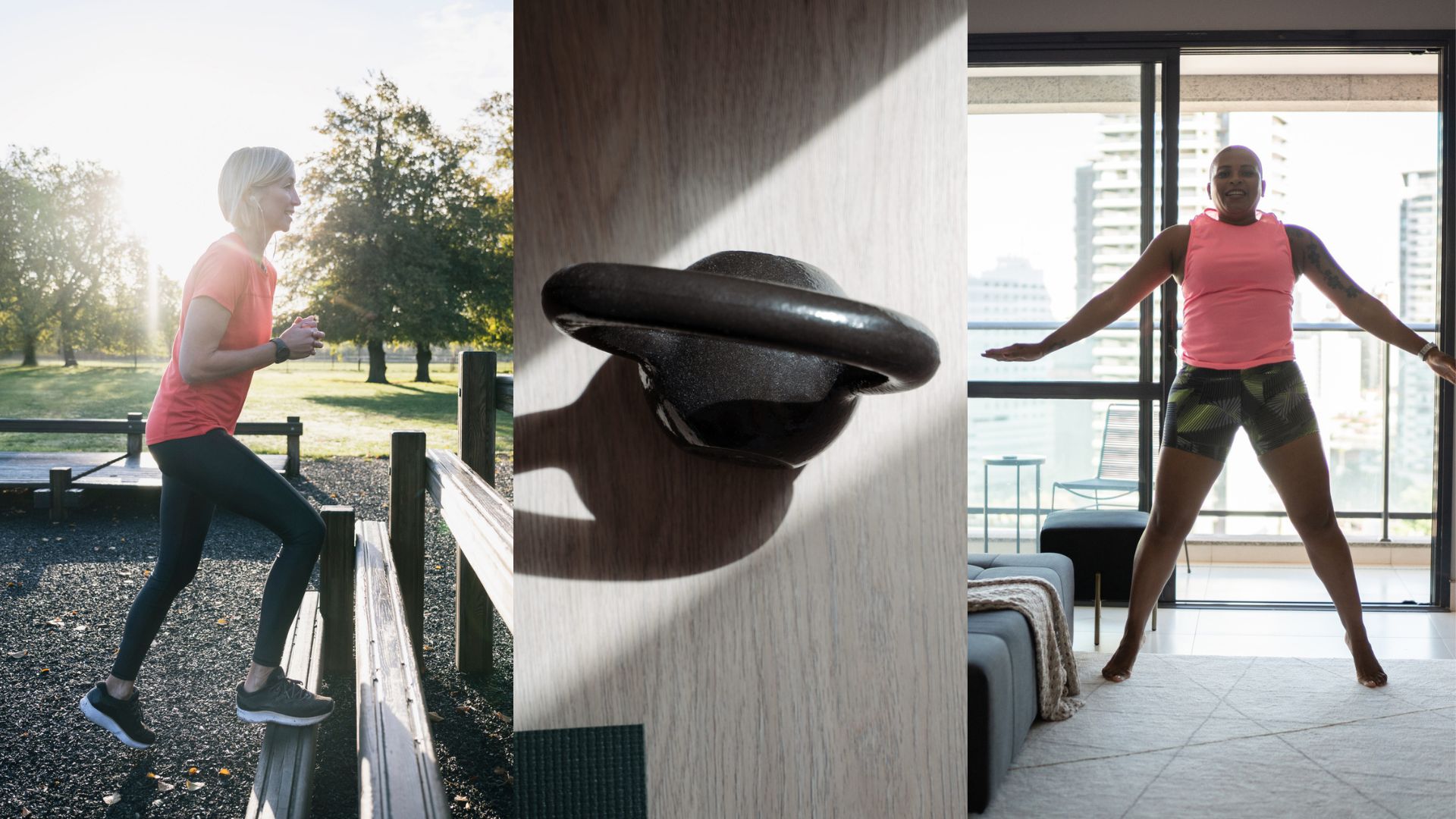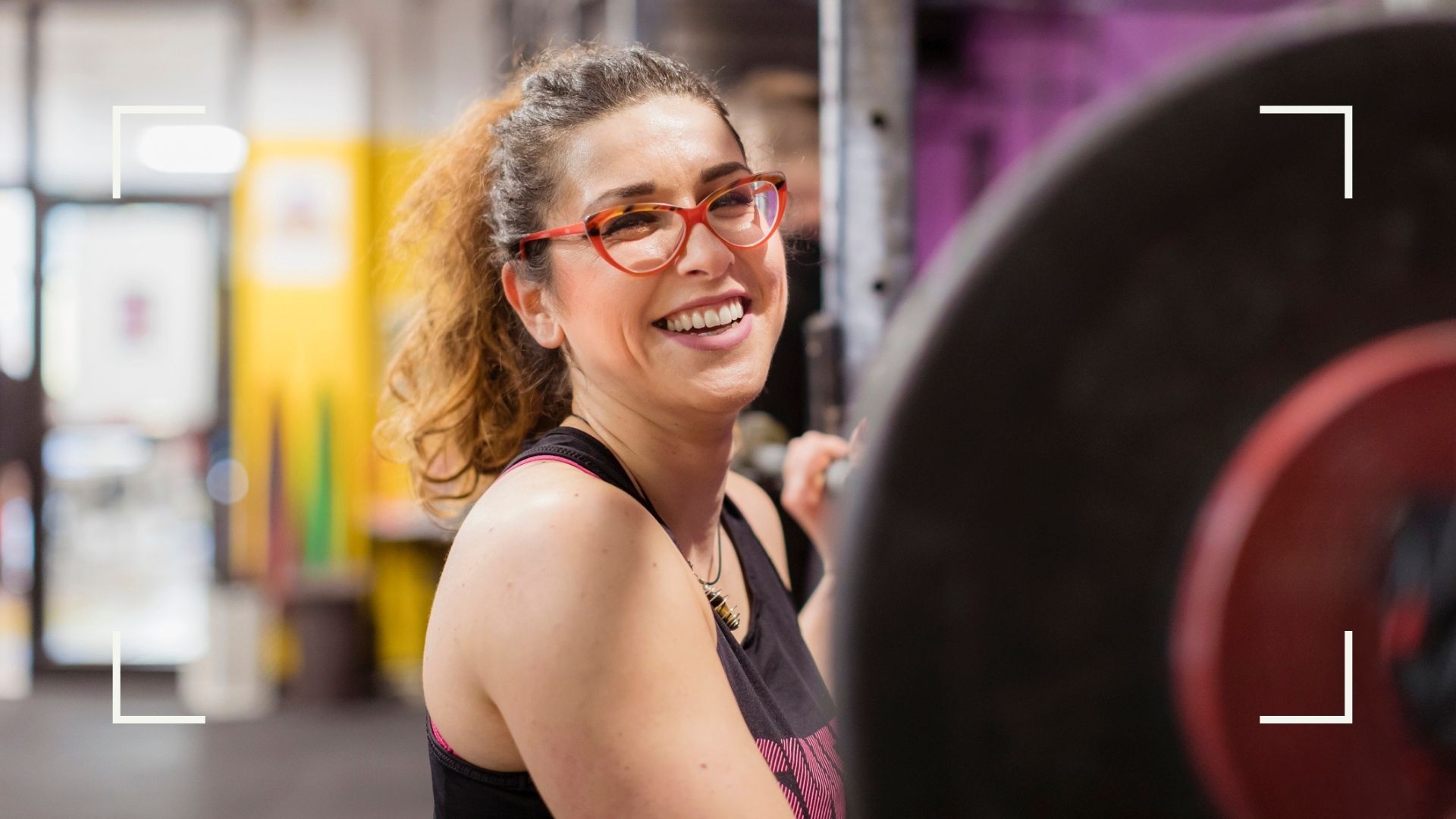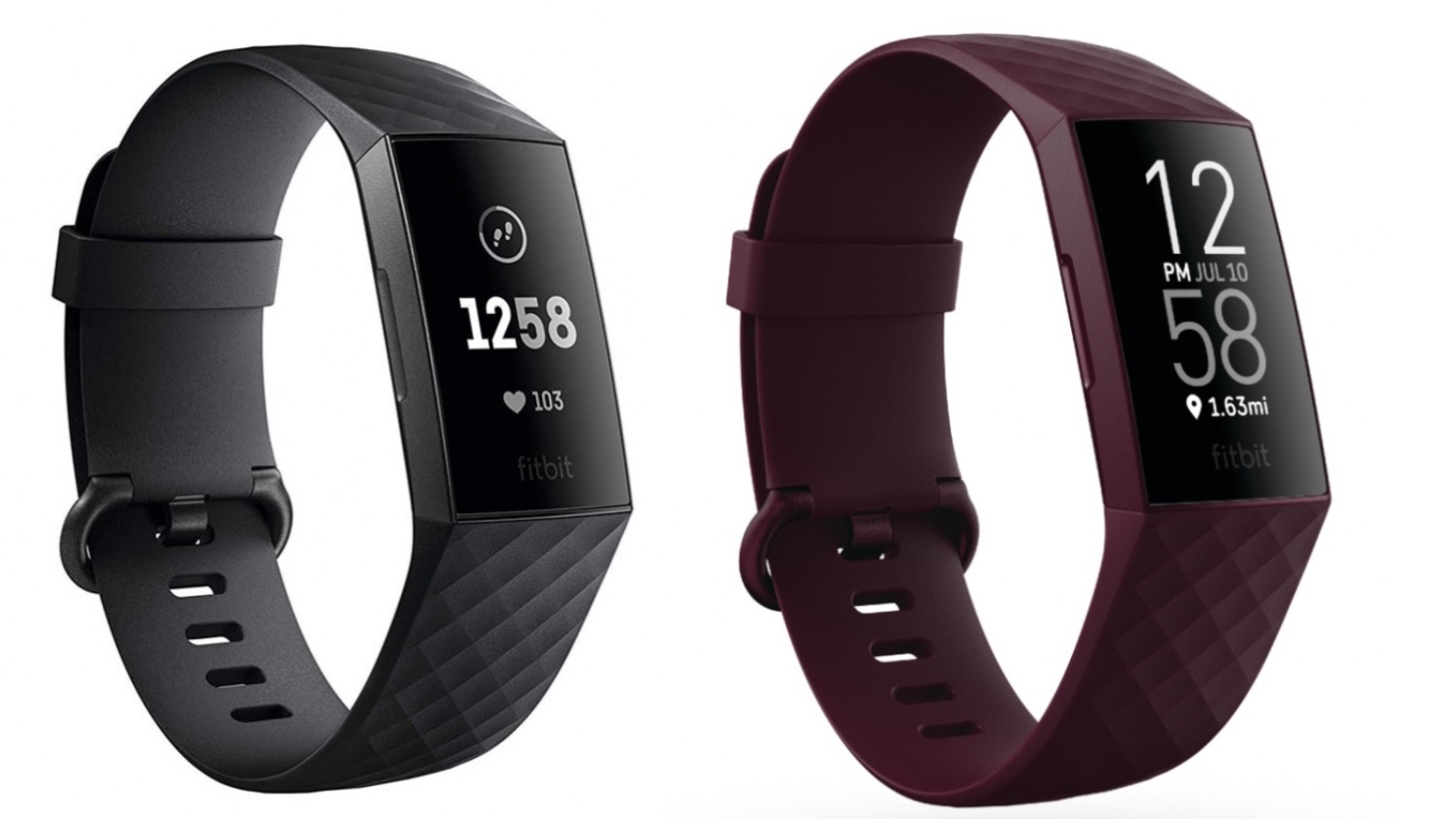What your metabolic age really says about your health (and how to calculate it)
Knowing your metabolic age can be helpful in ensuring your fitness levels are on track...


More often than not, our metabolic age - which indicates fitness levels - and our actual age don't add up. As the saying goes, ‘age is just a number', and there’s plenty of truth in this when it comes to your health. How many years you've been alive isn't necessarily the best indicator of your fitness, instead, your metabolic age provides a greater indication of whether you look after your body well enough.
Knowing your metabolic age, which is based on how many calories you burn while resting, is a great way of keeping an eye on your health. If you want to lose weight or make any physical changes to your body, then it's even more useful as you'll be able to work out how many calories you're burning at rest every day.
So whether you want to learn how to get a flat stomach or move into a calorie deficit to lose weight, this could be a really handy place to start before embarking on your journey. We asked the experts how to work out what your metabolic age is, how it's calculated, and what you can do to bring yours down into a healthy range.
What is your metabolic age and how do you calculate it?
In a nutshell, your metabolic age is based on something called your Basal Metabolic Rate (BMR) compared to the average BMR of someone of the same age. "Your BMR tells you how many calories your body burns while resting, and it’s a good gauge of your efficiency in burning the calories you consume," explains Simon Bradeley, health coach at Tanita.
The best way to calculate it is by using a person's height, weight, and age, with the Harris-Benedict Equation calculator, or this formula:
Men: 66.5 + (13.75 x kg) + (5.003 x cm) – (6.775 x age)
Women: 655.1 + (9.563 x kg) + (1.850 x cm) – (4.676 x age)
Sign up for the woman&home newsletter
Sign up to our free daily email for the latest royal and entertainment news, interesting opinion, expert advice on styling and beauty trends, and no-nonsense guides to the health and wellness questions you want answered.
However, using specialist body composition technology could be more reliable. "A body composition analyzer will also give accurate readings on everything from your muscle mass to how much visceral fat you have," adds Bradeley. However, if you don't have one at your local gym or access to one through a doctor, they tend to be quite expensive, so opting to buy one of the best body fat scales may be a better place to start if you're considering it.
What does your metabolic age mean for your health?
Your metabolic age is an important indicator of how hardworking your metabolism, a series of chemical reactions in the body that turn food into energy, is. It also steps away from using your ‘real age’, or the number on traditional weighing scales, to define your fitness age. "Your metabolic age shifts the focus away from weight and focuses more on your body’s structure, or composition, of muscle and fat," notes Bradeley.
Dr Rekha Tailor, doctor at Health and Aesthetics, agrees. She says, “BMR reduces as we get older and often contributes to the fact that we may gain weight as we age - despite the fact we may be following the same diet we've always done. Knowing your BMR can help you feel less frustrated, especially if you're on a weight loss journey or want to give your general health an overhaul, and feel like you're not making progress."
She adds, "Whatever your BMR measurement, there's always room for improvement, and there are several concrete steps you can take to put it on a downward curve."
The fitter, healthier, and stronger you are, the lower your metabolic age will be. This is where strength training can be key, as it builds muscle over time. "Muscle burns more than fat, which means someone who has a high level of muscle mass will burn more calories sat down, than someone with a lower muscle mass," explains Bradeley.
If your metabolic age is younger than your actual age, this is great news and shows you’re in good shape - some adults manage to knock 20 years off their real age. But if your metabolic age is higher, this is a sign that you need to improve your metabolic rate by changing your diet and increasing your fitness habits, along with getting any possible health problems checked out by your doctor.

How to lower your metabolic age
Simple lifestyle tweaks can improve your metabolic age. Our experts advise trying these small changes if you want to bring your number down:
1. Add in more protein
"Your body burns more calories digesting protein-rich foods than fat-rich foods, which means eating more protein can help fight an aging metabolism," says Bradeley. It's also one of the slowest macronutrients to digest, a study by The University of Texas Medical Branch explains, which means as well as helping to improve your metabolism, you'll also stay fuller for longer and gradually learn how to eat less.
Look to have a source of protein in every meal, such as lean meats, eggs, Greek yogurt, nuts, seeds, and vegan protein like tofu and soy. As long as you're exercising, eating a protein bar, or drinking a shake made with one of the best protein powders will be useful for increasing your intake too.
2. Lift weights
"BMR is strongly correlated with fat-free mass (FFM). While fat burns very little energy, muscle is an active tissue that uses up energy even whilst at rest," reveals Hannah Braye, nutritional therapist at Bio-Kult. "In light of this, one of the most effective ways to increase your BMR is by engaging in exercise that increases your FFM."
"It could be Pilates for beginners with just your body weight, resistance training with bands, or weight training with dumbbells, whatever the exercise, it's weight training that will be the most effective at building muscle and increasing BMR," she adds.
3. Increase sleep
It's no secret that many of us would benefit from learning how to sleep better, but not getting enough shut-eye can have a negative effect on our metabolic age, as well as our minds. Research from Brody School of Medicine shows a link between a lack of snooze time and slowing metabolism.
"Poor sleep may actually increase muscle loss, so make it a priority," says Bradeley. This is because sleep is essential for muscle recovery, and when you increase your muscle mass, you boost your resting metabolism. This increases the number of calories your body burns. If you struggle to nod off, try a pair of these best earplugs for sleep or one of these best white noise machines.

4. Eat complex carbs
"The best way to improve your metabolic age is by leading a healthy lifestyle, and diet forms a key part of this," says May Simpkin, a leading nutritionist, and consultant to Enzymedica UK. "Eating complex, whole foods that require more energy to break down will help avoid metabolic slowdown.
Following something like the 80/20 diet rule could help if you're unsure of what this looks like, she says. "You need to opt for complex, fiber-rich carbohydrates like wholewheat pasta, brown rice, and starchy vegetables such as butternut squash and sweet potato."
Senior Health Writer Ali Horsfall has almost 15 years experience as a journalist and has written for national print titles and women’s lifestyle brands including woman&home, Woman, Woman's Own, BBC magazines, Mothercare, Grazia and The Independent. She currently specialises in health and fitness content and loves sharing the best expert advice on staying well.
-
 Unforgettable date ideas to make a great first impression or rekindle romance
Unforgettable date ideas to make a great first impression or rekindle romanceForget the same old first date formula - these unforgettable date ideas will leave them thinking about you long after you go home
By Natalie Denton Published
-
 Butter yellow might be the colour of the season, but Amal Clooney is making me want to try sunshine shades
Butter yellow might be the colour of the season, but Amal Clooney is making me want to try sunshine shadesSpark some joy by adding some statement yellow pieces to your wardrobe just in time for summer
By Matilda Stanley Published
-
 Tips for running your next marathon, whether it's your first race or you're a seasoned marathoner
Tips for running your next marathon, whether it's your first race or you're a seasoned marathonerFrom race fuelling to recovery, these handy tips can get you through your training, from your first run to race day
By Grace Walsh Published
-
 Easy everyday habits to up your fitness stamina
Easy everyday habits to up your fitness staminaOut of breath and out of shape? Try these fitness hacks to up your game
By Natalie Denton Published
-
 32 exercise snacking ideas to boost your activity at home or the office
32 exercise snacking ideas to boost your activity at home or the officeExercise snacks are small bursts of movement to keep you active throughout the day. Here are some ideas to incorporate into your workout plan
By Grace Walsh Published
-
 32 essential hiking tips for beginners to get onto the trails or into the mountains
32 essential hiking tips for beginners to get onto the trails or into the mountainsIf you're new to hiking, having a list of need-to-knows can make all the difference and help boost your confidence on the trails
By Grace Walsh Published
-
 How much exercise per week do I need to do?
How much exercise per week do I need to do?How much exercise per week you need to do depends on a whole variety of factors, from workout routine to sleep schedule
By Grace Walsh Published
-
 Fitbits vs Apple Watches: what are the differences between the two?
Fitbits vs Apple Watches: what are the differences between the two?By Amy Hunt Published
-
 Fitbit Charge 3 vs Fitbit Charge 4: what is the difference between the older and the newer fitness tracker?
Fitbit Charge 3 vs Fitbit Charge 4: what is the difference between the older and the newer fitness tracker?By Amy Hunt Published
-
 Could you be addicted to your fitness tracker?
Could you be addicted to your fitness tracker?By Ali Horsfall Published